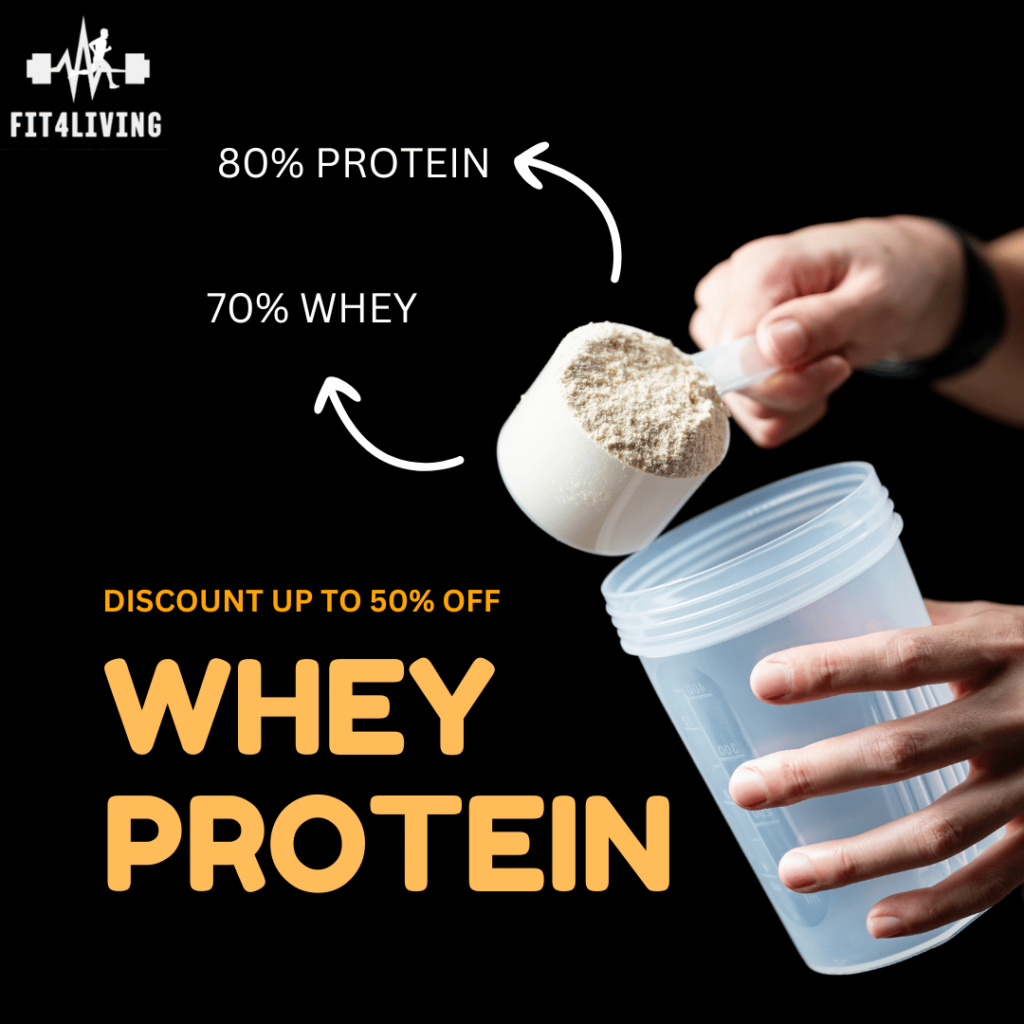
Protein powders are powdered forms of protein that come from plants (soybeans, peas, rice, potatoes, or hemp), eggs, or milk (casein or whey protein
Protein powders are nutritional supplements that may help build muscle, repair tissue, and make enzymes and hormones. Using protein powder may also aid weight loss and help people tone their muscles.
Health benefits of protein powder
Protein is one of the building blocks of bone, muscle, and skin. The body needs it to produce hormones, enzymes, and other chemicals.
1.Weight management
2.Muscle growth
3.Recovery after exercise
Types of protein powder
There are several different types of protein powder. Whey is the most popular protein supplement and the one that researchers have tended to focus on, but it is not the only one. Common types of protein powder include:
- Whey: This water-soluble milk protein is popular among athletes. It is a complete protein, meaning that it contains all of the amino acids that the human body requires from food. The body absorbs whey protein quickly and easily.
- Casein: This type of protein is rich in glutamine, an amino acid that may speed up muscle recovery after exercise. Casein comes from dairy, making it unsuitable for vegans and people with milk allergies. The body digests this protein more slowly, so it may be best to take it at night.
- Soy: Soy protein is an excellent alternative to whey or casein for people who do not consume dairy. It also contains all the essential amino acids.
- Pea: Many plant-based protein powders contain pea protein, which is a high-quality alternative to soy- and dairy-based proteins. Pea protein is a good source of the amino acid arginine.
- Hemp: Hemp seeds are complete proteins that also contain essential fatty acids. This makes hemp an excellent choice for vegans or those with dairy or soy allergies.
Protein shakes vary in price and quality. The United States Food and Drug Administration (FDA) do not regulate protein powders.
According to a 2018 study, many of the best-selling protein powders contain heavy metals, such as lead, cadmium, and arsenic.
Therefore, people should always proceed with caution when buying protein powders and choose a product from a reputable supplier.
